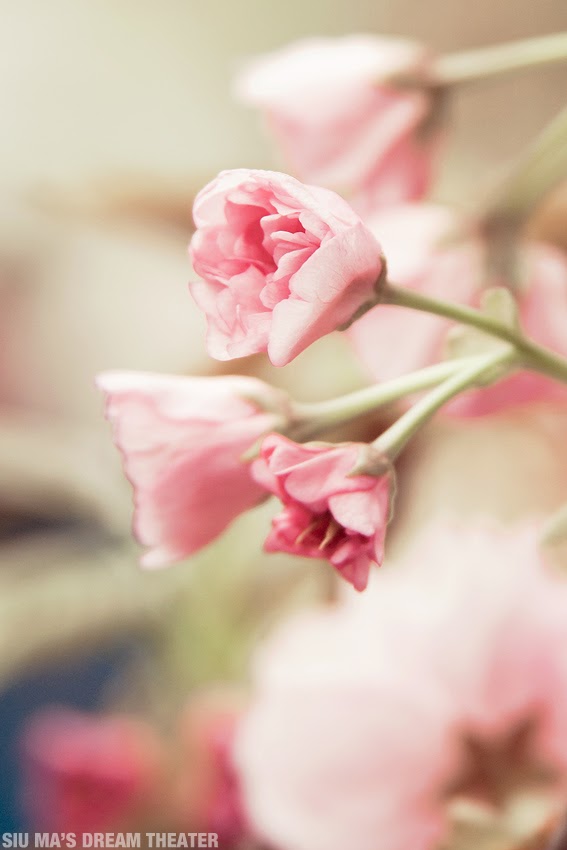好風景多的是,夕陽平常事,然而每天眼見的,永遠不相似
Anyone who steps up to these Olympians with another religion in his heart and now seeks from them ethical loftiness, even sanctity, non-physical spirituality, loving gazes filled with pity, will soon have to turn his back despondently in disappointment with them. Here there is no reminder of asceticism, spirituality, and duty: here speaks to us only a full, indeed a triumphant, existence, in which everything present is worshipped, no matter whether it is good or evil. And thus the onlooker may well stand in real consternation in front of this fantastic excess of life, to ask himself with what magical drink in their bodies these high-spirited men could have enjoyed life, so that wherever they look, Helen laughs back at them, that ideal image of their own existence, “hovering in sweet sensuousness.”
However, we must call out to this onlooker who has already turned his back: “Don’t leave them. First listen to what Greek folk wisdom expresses about this very life which spreads itself out here before you with such inexplicable serenity. There is an old legend that king Midas for a long time hunted the wise Silenus, the companion of Dionysus, in the forests, without catching him. When Silenus finally fell into the king’s hands, the king asked what was the best thing of all for men, the very finest. The daemon remained silent, motionless and inflexible, until, compelled by the king, he finally broke out into shrill laughter and said these words, “Suffering creature, born for a day, child of accident and toil, why are you forcing me to say what would give you the greatest pleasure not to hear? The very best thing for you is totally unreachable: not to have been born, not to exist, to be nothing. The second best thing for you, however, is this—to die soon.”
- The Birth of Tragedy
However, we must call out to this onlooker who has already turned his back: “Don’t leave them. First listen to what Greek folk wisdom expresses about this very life which spreads itself out here before you with such inexplicable serenity. There is an old legend that king Midas for a long time hunted the wise Silenus, the companion of Dionysus, in the forests, without catching him. When Silenus finally fell into the king’s hands, the king asked what was the best thing of all for men, the very finest. The daemon remained silent, motionless and inflexible, until, compelled by the king, he finally broke out into shrill laughter and said these words, “Suffering creature, born for a day, child of accident and toil, why are you forcing me to say what would give you the greatest pleasure not to hear? The very best thing for you is totally unreachable: not to have been born, not to exist, to be nothing. The second best thing for you, however, is this—to die soon.”
- The Birth of Tragedy
